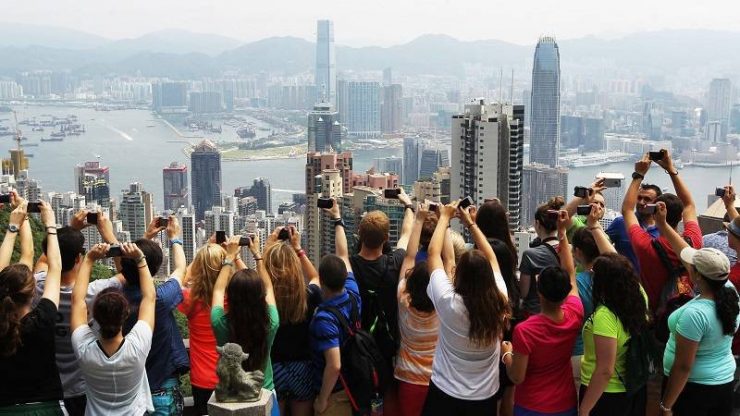BEFORE COVID-19, destinations such as Venice, Barcelona, and Amsterdam experienced over-tourism. So many, local residents protest the presence of tourists because of its negative impact on the environment. But now the opposite is happening.
The World Tourism Organization (UNWTO) predicts the number of international tourists will decline between 20% and 30% throughout 2020. This could have an impact on potential losses of up to US$300 to US$400 billion. So far the Asia Pacific region is the most affected, down 9% to 12% of foreign tourist arrivals from a predicted growth of 5% to 6% in January 2020.
“According to the International Air Transport Association (IATA), the potential loss of revenue from the global aviation industry is around US$63 billion if the COVID-19 scenario is handled quickly. But if it continues to spread, the loss is predicted to reach US$113 billion,” said MarkPlus Tourism Executive Director Mochamad Nalendra in his official press release.
Nalendra sees that there will be changes in tourist behavior based on several scenarios, especially after the outbreak phase or the spread of COVID-19. The first scenario or called a new normal when the addition of new cases is reduced because the mitigation system has been effective in many countries even though the vaccine has not been found.
This causes tourists to still feel the risk of traveling so that even domestic travel is limited in the city alias staycation.
As the booking engine company Sojern showed in March 2019 and 2020. Where this year Singaporeans who are looking for hotel references for staycations are doubled compared to 2019. Concerns about the second wave of COVID-19 are also a cause, moreover there are still additional cases new in China.
“And those who will take the risk to travel in this phase are generations Y and Z. They are more willing to take risks than generation X and baby boomers. Another scenario is scenario B (early euphoria) occurs when the number of new cases is relatively high and at the same time the vaccine COVID-19 was found. Booking a hotel until the tour packages will increase sharply. There is no harm in tourism players preparing for this scenario from now on,” Nalendra said.
After that there is the last phase, Post Normal, when the vaccine is found and successfully suppresses the number of new cases. Tourist behavior will slowly return to normal. But on the one hand they will be increasingly aware of the negative impacts generated in a trip such as carbon emissions.
So that the phenomenon of microcation (short trips) and slow tourism (visiting a few destinations but deeper experience) will be increasingly popular. In addition, the upper and luxury market segments are believed to be the fast rebounding segments because they have relatively high income compared to other segments affected by the economic crisis due to COVID-19.
“Especially the upper class family and baby boomers segment will start to travel abroad in paying attention to quality destinations, along with a high level of confidence that the world is getting better. Safety and security factors, mitigation systems, and the sustainability of a tourist destination will be a new consideration in travel. This is quality tourism,” Nalendra concluded. [kontan.co.id/photo special]
















